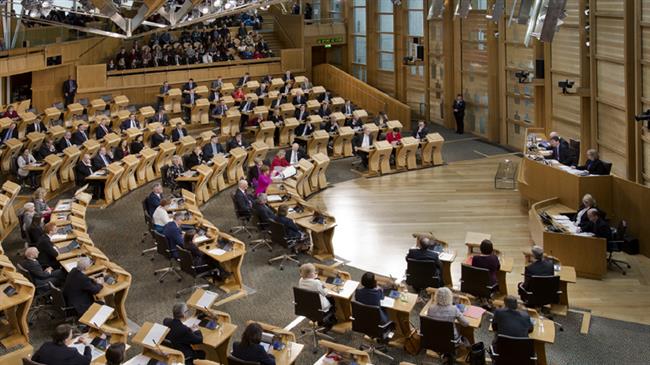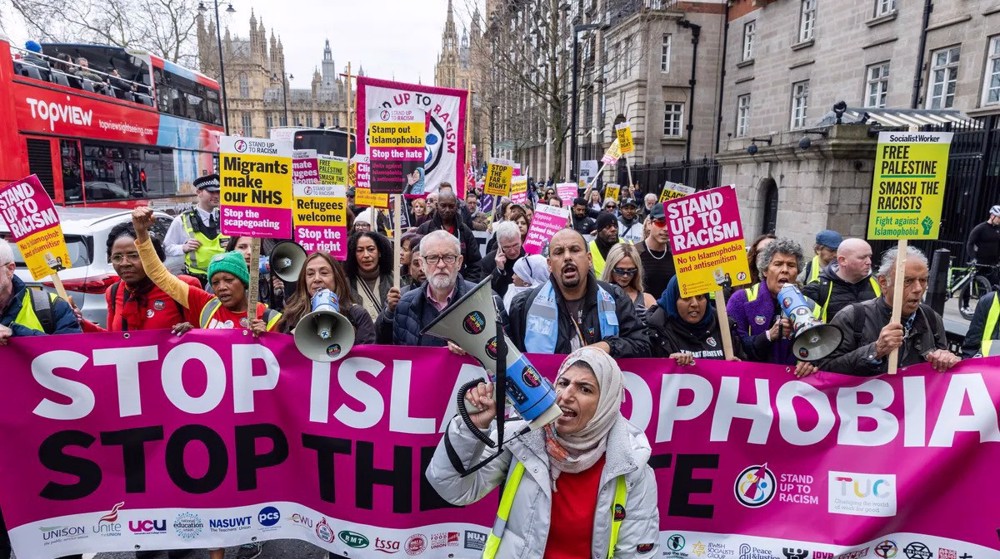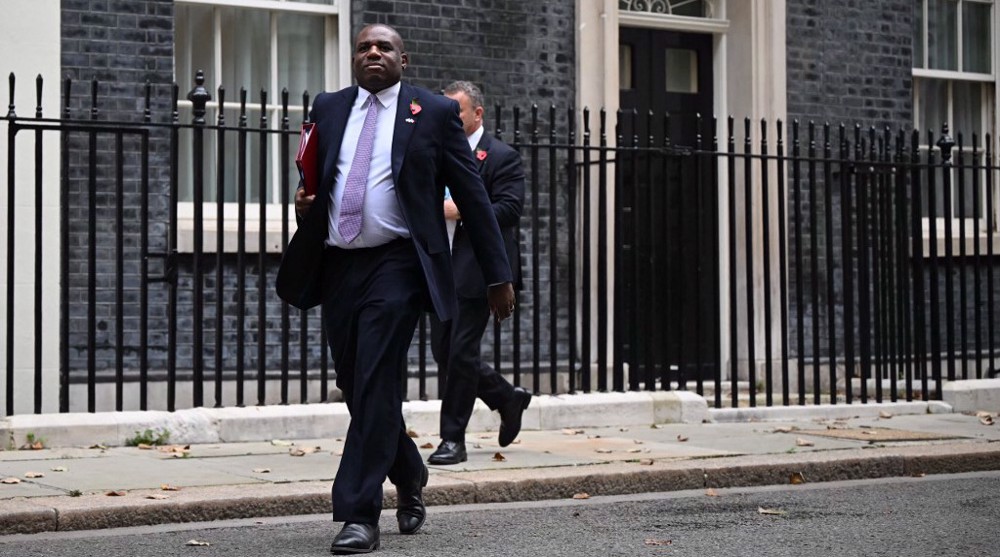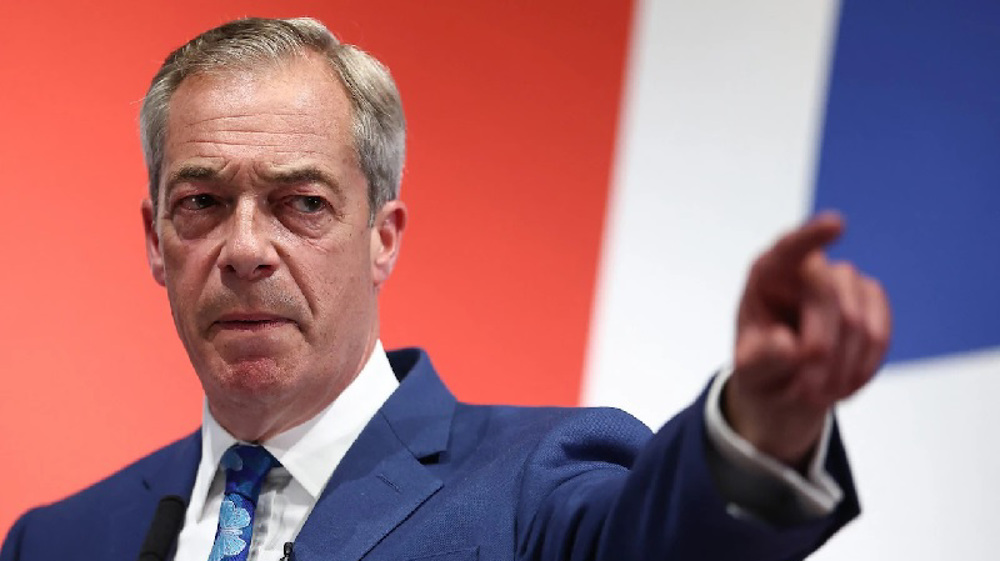Brexit reopens Scottish independence debate
The seemingly endless Brexit debate has re-energised the quest for Scottish independence to the extent that many Scottish activists and political analysts believe that a second Scottish independence referendum may be just around the corner.
Late last month Scotland’s first minister Nicola Sturgeon called for a new Scottish independence referendum in the second half of next year. This proposal is strongly opposed by London which argues that the September 2014 referendum was a “once in a generation” event.
Just two days ago David Liddington, a leading Tory party official and Britain’s de facto prime minister, warned Sturgeon against using the Scottish parliament (also known as Holyrood) as a “stepping stone” to independence.
Liddington is only the latest senior Tory to have come out strongly against proposals for a second referendum. The day before British foreign secretary and Tory leadership contender, Jeremy Hunt, claimed that he would be the prime minister “least” desired by Sturgeon owing to his strong views on a united Britain.
Nicola Sturgeon and the Scottish National Party (SNP) argue that Scottish voters’ overwhelming rejection of Brexit creates justification for a second Scottish independence referendum, only five years after the first one.
At the Brexit referendum three years ago 62 per cent of Scottish voters opted to stay within the European Union. By contrast, only 46 per cent of English voters wanted to remain in the EU.
The debate over a second Scottish independence referendum is set to heat up in the months ahead as the UK exits the EU at the end of October. A so-called “hard” Brexit will only fuel Scottish demands for a second referendum.
Another uncertainty is whether the Scots decide to hold a referendum against London’s wishes. This would be a similar move to the Catalonia independence referendum of October 2017 which set off a constitutional crisis in Spain.
But according to the Financial Times’ latest long read the Scottish nationalists want to avoid a constitutional crisis by securing UK approval for a second vote so as to place the result “beyond doubt or challenge”.
Much now depends on the result of the Tory party leadership contest. Whilst Hunt is a strong supporter of the union and might be prepared to extend concessions to Scottish nationalists if only to contain their ambitions, the same cannot be said of the frontrunner Boris Johnson.
Johnson is on record questioning “generous” public spending in Scotland and British political analysts are fearful that his erratic leadership style may put paid to the 300 year union between England and Scotland.
VIDEO | Former FBI agent criticizes US Congress for 'outright corruption'
IRGC chief urges Muslim countries to cut aid routes to Israel
'New chapter in cooperation': Iran, Venezuela sing new MoUs
Jordan sentences former lawmaker for supporting Palestinian resistance
Basij volunteer forces hold massive drills in southwestern Iran
Israeli war criminals 'not welcome', US city says after ICC ruling
US vetoing of Gaza ceasefire resolution ‘disgraceful’: Iran’s UN envoy
VIDEO | IAEA adopts anti-Iran resolution tabled by E3










 This makes it easy to access the Press TV website
This makes it easy to access the Press TV website